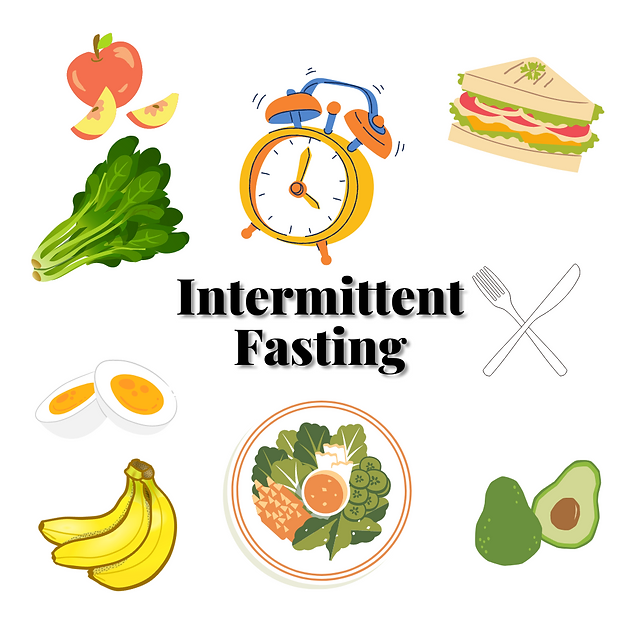Intermittent fasting has gained popularity as a weight loss strategy and wellness trend in recent years, but its roots extend far beyond mere dieting. Let’s delve into the world of intermittent fasting, exploring its potential health benefits, and providing practical tips for incorporating this eating pattern into your lifestyle.
Understanding Intermittent Fasting:
Intermittent fasting (IF) involves alternating periods of eating and fasting, rather than restricting specific food groups or counting calories. This approach shifts the focus from what you eat to when you eat, harnessing the body’s natural metabolic processes for improved health.
Health Benefits of Intermittent Fasting:
- Weight Management: Intermittent fasting may aid weight loss by promoting calorie restriction and increasing fat burning. Additionally, it can help preserve lean muscle mass, leading to a more favorable body composition.
- Improved Metabolic Health: Research suggests that intermittent fasting can improve various markers of metabolic health, including insulin sensitivity, blood sugar levels, and cholesterol profiles. These improvements may reduce the risk of type 2 diabetes, heart disease, and other chronic conditions.
- Enhanced Brain Function: Intermittent fasting has been shown to support cognitive function and brain health by stimulating the production of brain-derived neurotrophic factor (BDNF), a protein involved in learning, memory, and mood regulation.
Different Intermittent Fasting Protocols:
- 16/8 Method: This popular fasting protocol involves fasting for 16 hours and restricting eating to an 8-hour window each day. It can be easily incorporated into daily life by skipping breakfast and eating during a designated eating window.
- Alternate-Day Fasting: Alternate-day fasting involves alternating between days of normal eating and fasting. On fasting days, calorie intake is significantly reduced or eliminated altogether.
- 5:2 Diet: In the 5:2 diet, individuals eat normally for five days of the week and restrict calorie intake to 500-600 calories on two non-consecutive days.
Practical Tips for Intermittent Fasting:
- Stay Hydrated: Drink plenty of water, herbal tea, or black coffee during fasting periods to stay hydrated and curb hunger.
- Listen to Your Body: Pay attention to hunger cues and adjust your fasting schedule accordingly. It’s essential to find a fasting routine that works for your body and lifestyle.
- Focus on Nutrient-Dense Foods: When breaking your fast, prioritize nutrient-dense whole foods such as fruits, vegetables, lean proteins, and healthy fats to nourish your body and support overall health.
Conclusion:
Intermittent fasting offers a flexible and sustainable approach to improving health and well-being, with potential benefits ranging from weight loss to enhanced metabolic health and cognitive function. By understanding the principles of intermittent fasting and implementing practical strategies, you can harness the power of this eating pattern to optimize your health and vitality.
Source – British Journal of Nutrition, The American Journal of Clinical Nutrition



